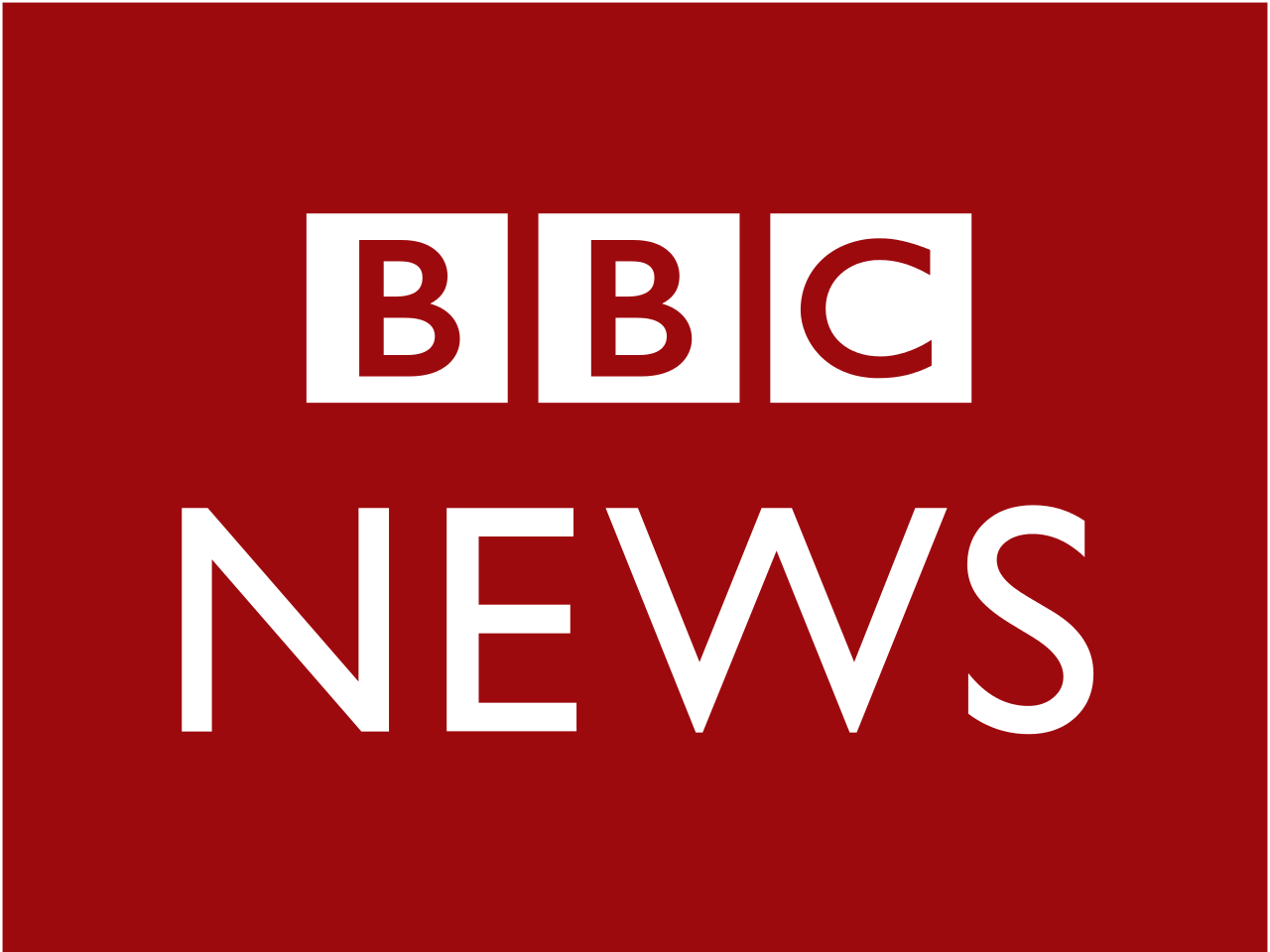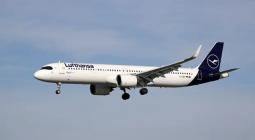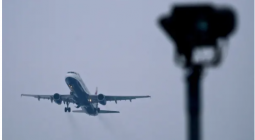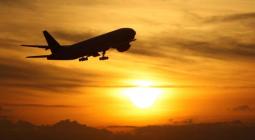Airlines miss all but one target - report
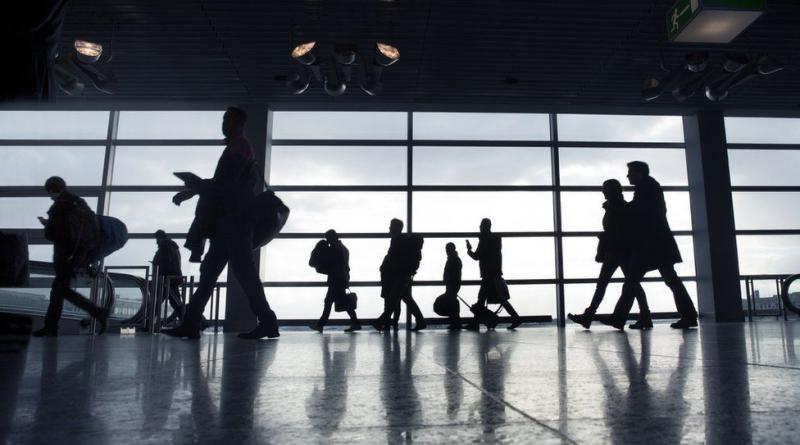
UK airlines have missed all climate targets set since 2000 except for one, a new report claims.
The aviation industry sets its own goals for cutting its environmental footprint.
A representative for the UK aviation industry said it was committed to significantly reducing its greenhouse gas emissions.
In 2018 air travel was responsible for 7% of the UK's greenhouse gas emissions.
Possible, the charity behind the research, investigated the issue to find out whether airlines can be relied upon to tackle their role in causing emissions that lead to climate change.
"Companies set grand-sounding targets with a lot of fanfare and announcement. They talk about them for a couple of years - then the targets sink without trace, never to be seen again," Leo Murray from Possible told BBC News.
The research looked at environmental goals airlines have set themselves since 2000. Most of the targets focussed on using greener fuels to power airplanes or making fuel more efficient.
EasyJet was the only company named in the research that was found to have met a target. It successfully reduced fuel burn per passenger kilometre by 3% by 2015, Possible says.
But Possible claim it missed other goals, including a plan in 2007 to build the "ecoJet" that would emit 50% less CO2 than its current planes. The ambition was mentioned again in 2009, Possible says, but the company appeared to drop the target and the ecoJet was never built.
"The ecoJet was a prototype concept which was used to urge the industry to produce planes that significantly reduce carbon emissions. Our ultimate ambition today has only strengthened to achieve zero carbon emission flying," a spokesperson for EasyJet told BBC News.
Possible also points out that between 2010-12 Virgin Atlantic said that 10% of its fuel would be biofuel by 2020. Possible says the target wasn't mentioned again. In 2021 Virgin Atlantic announced it will use 10% alternative fuels by 2030.
Representing airlines including Virgin Atlantic, Matt Gorman, chair of Sustainable Aviation Coalition, told BBC News: "Technology improvements mean growth in passengers no longer means growth in emissions and the industry continues to innovate to reduce emissions further and faster. Whilst decarbonising aviation is a huge challenge, the solutions are real and, more critically, being implemented."
The charity also claims that $3bn promised by Virgin Group founder Sir Richard Branson to fight global warming was not delivered.
A spokesperson for the Virgin Group told BBC News: "For more than 15 years, Virgin has invested in and supported climate solutions which focus on solving the climate crisis through a range of cleantech ventures. Our investment supports Virgin's target to reach net zero emissions across its whole portfolio by 2050 at the latest".
Mr Murray says the industry is "intrinsically high-carbon", meaning there are no good alternatives when it comes to technological solutions. Efficiency has been improving but the volume of flights has grown faster, he says.
The findings undermine the government's climate change plans that aim to radically reduce the UK's greenhouse gas emissions, according to Mr Murray.
The government's upcoming "Jet Zero" strategy to tackle the role of aviation in climate change is likely to rely on airlines "decarbonising". That would mean the industry using technology to fix its emissions problem.
"It's a very high-risk strategy, it's not plausible. The government is putting all its eggs in the basket of aviation meeting their own goals - but their track record is terrible," Mr Murray suggests.
Can we 'carry on flying'?

The government's message is that we can carry on flying and still reach net zero by 2050.
Don't worry, it says, innovation will save the day. This report calls that policy into question.
If the aviation industry cannot find ways to make planes more efficient or take the carbon out of fuel then the government will need an alternative strategy.
The most obvious is to manage demand by making it more expensive to fly often - but that need not mean your annual holiday is under threat.
That's because a small number of people do most of the flying. Just 15% of people take 70% of all flights.
Campaigners want a frequent flier levy - something backed by the public in polls.
The first flight in a year could incur little or no tax, with the levy ramping up with each additional flight.
The government's Climate Change Committee advisory body has previously blamed the government for failing to reduce demand for flying.
A Department for Transport spokesperson told BBC News: "This report wilfully ignores this government's historic investment in technology, fuel and market-based measures which will help us reach Jet Zero by 2050 without the need for further taxes. This includes £180 million to accelerate sustainable aviation fuel and £685 million to develop zero-carbon and low emission aircraft technology".
Mr Murray also says the government should be prioritising making sustainable transport like high-speed rail or ferries more affordable and accessible.
One scheme his charity runs encourages employers to give workers extra holiday days to allow them to travel abroad by train or ferry, which has a lower carbon footprint but can take much longer than flying.
cover photo: Getty Images
